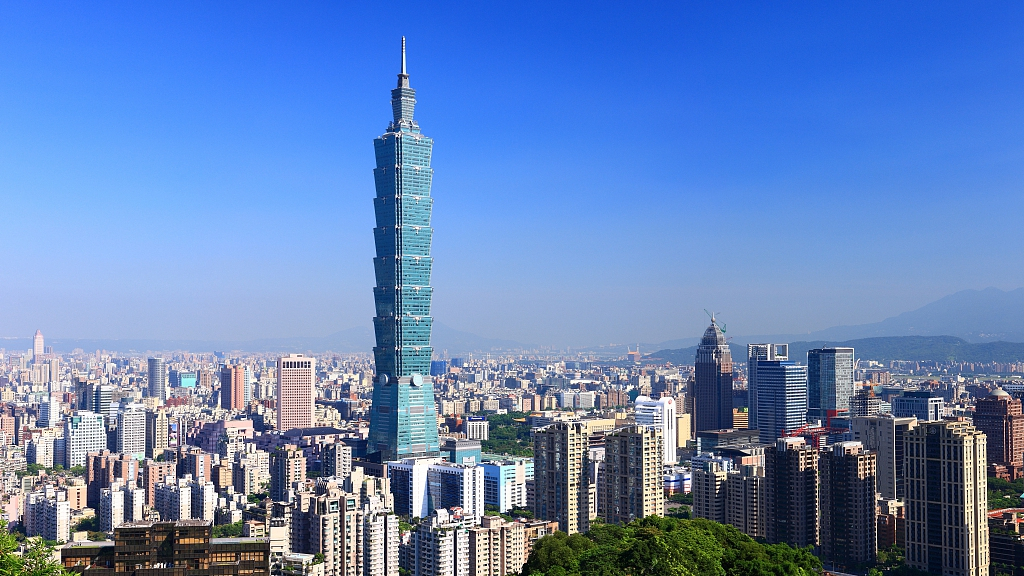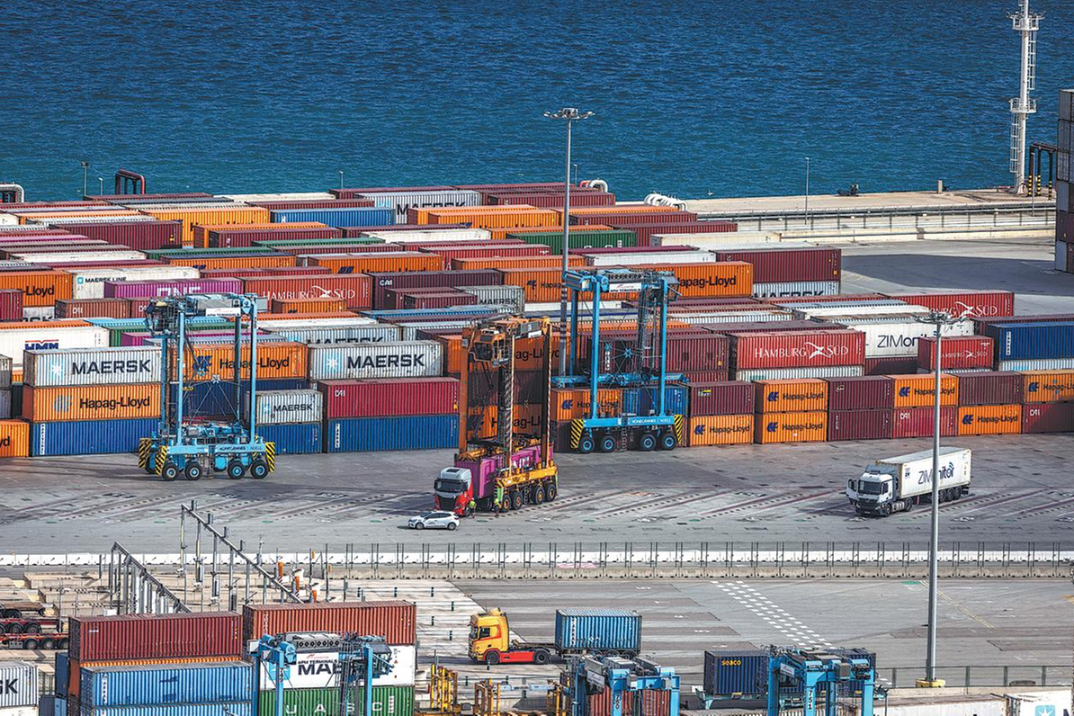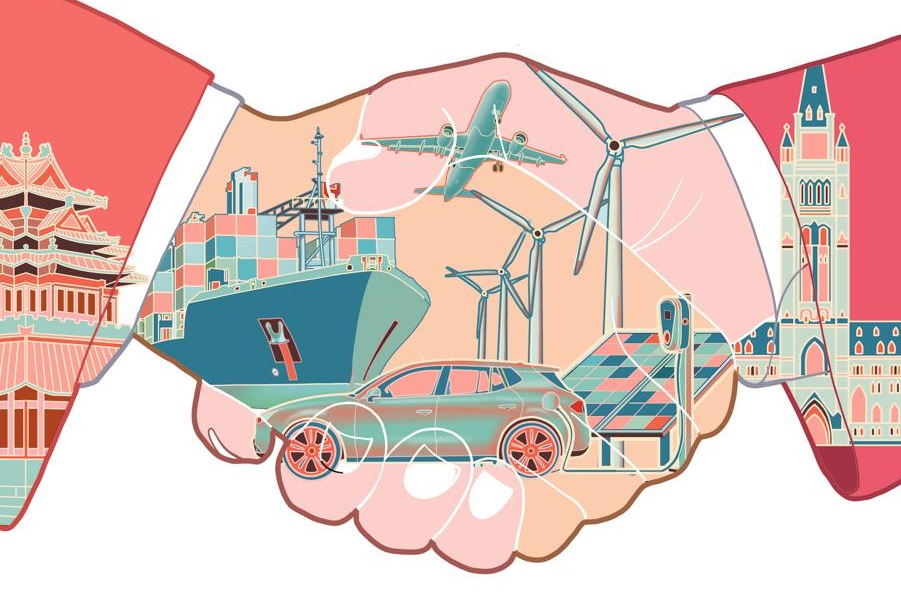Taiwan should stick to principle if it wants global seat


The deadline to deliver an invitation for the 74th World Health Assembly, the decision-making body of World Health Organization, passed recently. This indicates that this annual event to be held virtually in 10 days ignored the Democratic Progressive Party (DPP) authorities in the island of Taiwan once again, despite the fact that the authorities spared no efforts to seek help from external forces.
The US and its allies voiced their so-called "strong, principled support" for the Taiwan region's WHA bid for the sake of confronting Chinese mainland. The joint communique issued by the Group of Seven Foreign and Development Ministers after their face-to-face meetings in London on May 5 called for Taiwan's "meaningful" participation in WHA, the first time the communique of this bloc touched the Taiwan issue. The day after the G7 meetings, the French Senate also meddled with Chinese domestic affairs by passing a resolution backing Taiwan's entry in major international organizations, including WHO.
On May 7, the US Secretary of State Antony Blinken urged the leadership of WHO in a press statement to take "appropriate action" to include Taiwan as an observer at the WHA meetings, arguing that there is no "reasonable justification" to exclude the island given its "valuable contributions" to overcome the COVID-19 pandemic, among other global health security challenges.
However, the Taiwan region's efforts to be part of the annual WHA meetings by seeking assistance from external forces proved futile, again. Historical experience has suggested that only by adhering to the one China principle could the island be invited to WHA under appropriate arrangements. When the Kuomintang party was in power, for example, the Taiwan region had been invited to the WHA meetings for eight years in a row from 2009 to 2016 as an observer under the name of "Chinese Taipei".
This happened largely because the KMT authorities recognized the 1992 Consensus, a tacit agreement reached between the mainland's Association for Relations Across the Taiwan Straits and the Taiwan region's Strait Exchange Foundation in 1992. The main connotation of the consensus is that "both sides of the Taiwan Strait agree that there is only one China". It has become the cornerstone of cross-Taiwan Strait relations ever since.
But the independence-leaning DPP authorities have been refusing the consensus since the party's election in 2016 and re-election in 2020, suggesting that the cornerstone is no longer in existence. It stands to reason that there are more uncertainties for the Taiwan region, both in terms of cross-Strait affairs and external affairs. This is also the main reason why Taiwan has been excluded from the WHA meetings and other international events that require statehood since 2017.
It should be noted that WHO is a specialized agency of the United Nations, which adheres to UN General Assembly Resolution 2758 that recognizes the Chinese mainland as "the only legitimate representative of China." It is thus the DPP authorities themselves excluded Taiwan from WHA by refusing the widely-accepted one China principle, since Taiwan's participation at the WHA "is in the hands of the member states", as WHO's principal legal officer Steven Solomon said on May 11. Put differently, only when accepting the 1992 Consensus could Taiwan be accepted by members of WHA.
The Taiwan authorities should draw some lessons from their failure to participate in the WHA meetings this year. One lesson is that seeking support from external forces can hardly change the internationally-recognized one China principle. Metaphorically speaking, the principle functions as the "entrance ticket" for Taiwan's successful bid for WHA. It is the Taiwan authorities' strict adherence to the principle that "invites" the island to WHA.
Should the DPP authorities really desire to be part of the WHA meetings next year, they must double down their efforts to make policies based on the 1992 Consensus. Otherwise, they are very likely to encounter failure again next May.
The author is a research fellow at Huazhi Institute for Global Governance, Nanjing University and former Asia Fellow at John F. Kennedy School of Government, Harvard University. The opinions expressed here are those of the writer and do not necessarily represent the views of China Daily and China Daily website.


































